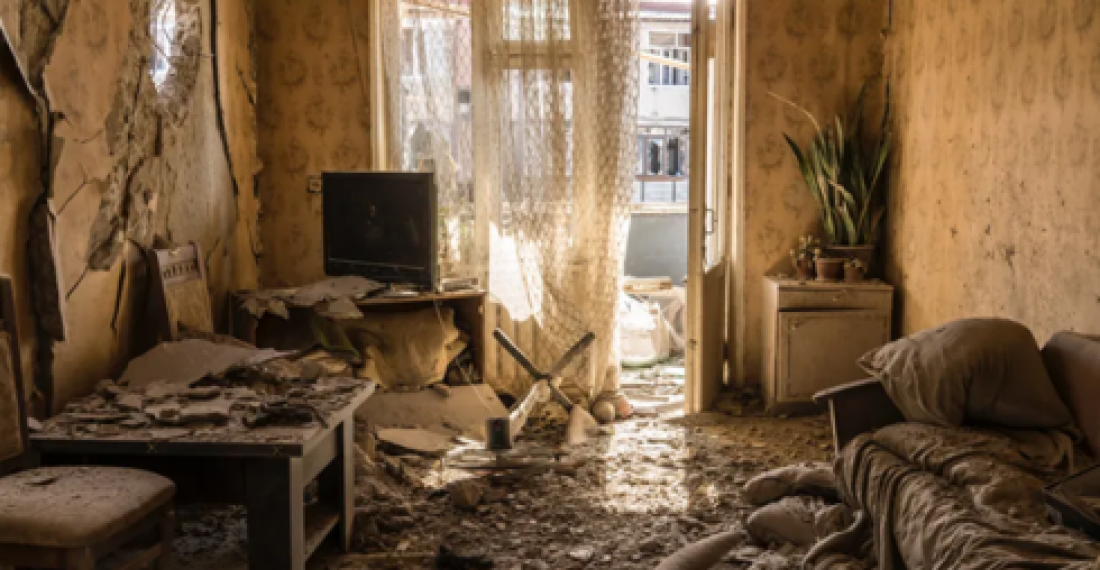Across the world, calls increase for a halt in the fighting in the South Caucasus between Armenians and Azerbaijanis. France, Russia and the United States, the three co-chair countries of the OSCE Minsk Group which has the mandate to mediate between the sides, on Monday (5 October) issued a strongly worded call for an end to hostilities. The Ministers highlighted attacks on civilian centres and said they constitute an unaccepable threat to the stability of the region. The full statement said,
The Minister of Foreign Affairs of the Russian Federation Sergey Lavrov, Minister for Europe and Foreign Affairs of France Jean-Yves Le Drian, and Secretary of State of the United States of America Michael R. Pompeo, representing the Co-Chair countries of the OSCE Minsk Group, condemn in the strongest terms the unprecedented and dangerous escalation of violence in and outside of the Nagorno-Karabakh zone.
The Ministers stress unconditionally that recent attacks allegedly targeting civilian centers - both along the Line of Contact and on the territories of Azerbaijan and Armenia outside the Nagorno-Karabakh conflict zone - and the disproportionate nature of such attacks constitute an unacceptable threat to the stability of the region.
Recalling the October 1 statement of the Heads of State of the three Co-Chair countries of the OSCE Minsk Group, the Ministers call once again upon the conflicting parties to accept an immediate and unconditional ceasefire. The Co-Chairing countries are determined to exercise fully their mandate, entrusted to them by the OSCE and the international community, with the contribution of the Minsk Group capitals. As such, they will firmly continue to advance their engagement with the sides, and urge them to commit now to resuming the settlement process on the basis of existing core principles and relevant international documents well-known by both parties.
source: commonspace.eu
photo: Civilians are bearing the brunt of the fighting in the ongoing hostilities between Armenians and Azerbaijanis







